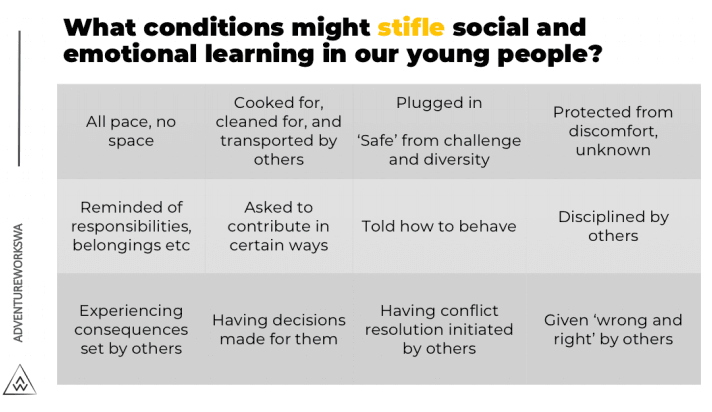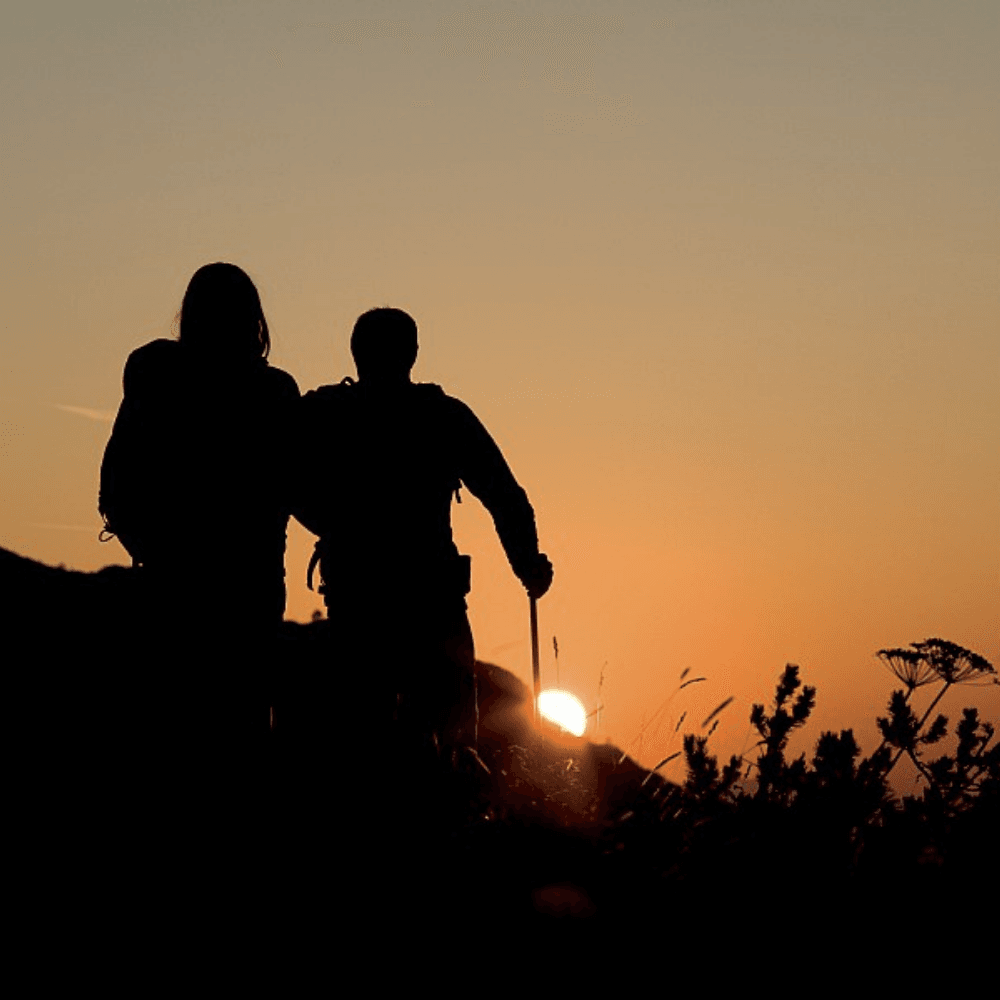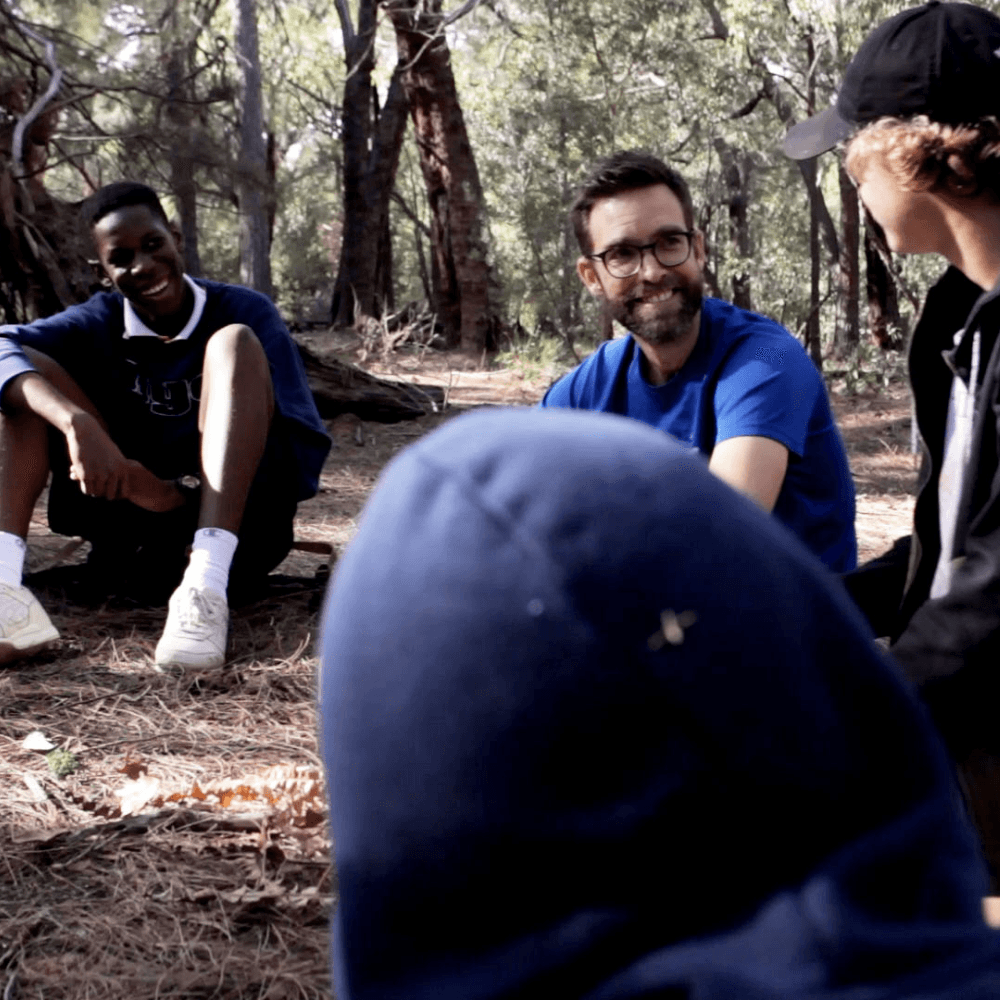When asked how important it is to grow resilience in young people, educators and parents will agree that this emotional skill is crucial for creating flourishing individuals and communities.
Despite this, in Australia and most of the Western world, we are seeing a mental health crisis like never before. A crisis that signals being resilient is not something all young people (nor adults) are apt at.
Sadly, we are losing too many of our young people to suicide and it’s a struggle to find individuals or communities who have not been impacted by suicide or significant mental health issues.
In fact, as reported by Health Direct, suicide is the leading cause of death in young Australians with 350 people aged 15–24 taking their own lives every year.
The reasons behind this are nuanced and complex, but one way to help reduce the risk of suicide and mental health issues in our youths is to focus on growing resilience.
Why must we proactively grow resilience?
There are many reasons resilience is something we need to proactively nurture. Here are three of the most important:
1. Social media and the fear of humiliation
Nowadays, people are less likely to put themselves in situations where they may mess up, look silly or fail in front of others, due to the likelihood of it being shared on social media.
For young people, this pressure is particularly heightened. Social media is yet another environment where bullying, ridicule, and rumour-spreading can take place. The result is, the digital world is a place where young people show themselves only at their best and are afraid of showing failure or vulnerability.
Given we learn more from failure than we do from success and it’s only when experiencing challenge or discomfort that we learn what we are capable of, avoiding failure altogether means less of a chance to build resilience as a coping skill.
2. We protect children from risks and obstacles
Parents, families and schools alike can stifle the ability for young people to grow resilience by keeping them safe, comfortable and avoiding situations where young people experience discomfort, failure, difficulty or challenge.
We pick up after students, we tell them what to do, manage their time and make lots of decisions for them.
This can get in the way of young people being able to step up the ladder into adulthood.
Recently, we have moved from ‘helicopter parenting’ to ‘bulldozer parenting’ in that, like a bulldozer, we clear the path for young people to make sure that all of the obstacles and difficulties in life have been moved out of the way and children can walk along a road with no bumps, potholes, obstacles or forks in the road to make choices.
Whilst we are creating a safe and sanitised environment for our young people and the intention is to lovingly protect them from experiencing challenge or discomfort, the outcome is they cannot learn any skills of their own to manage the challenges life does and will throw at them.
Take a look at the table below to see how the actions that might stifle emotional learning in our young people, taken from our own social and emotional learning framework:

3. Communities flourish through collective wellbeing
Research is showing us that while the focus has previously been on developing individual health and wellbeing, to truly flourish as a community we need to look at collective wellbeing; using systems science in which the individual cannot flourish unless the whole community is flourishing.
This means teaching young people that human beings are not designed to live this life alone and keep our challenges to ourselves – that as human beings we are hard-wired to work as a community; to belong, to support, and flourish together.
Growing resilience means helping young people to learn that:
- challenges, failure, and discomfort are part of life, and that we do not need to be rescued or have others solve our problems.
- we all have individual strengths and there are ways to draw on them when we are in a challenge.
- we can learn how we can support others when they need our strengths in times of challenge.
- they should feel comfortable acknowledging when things are hard or when they are struggling so that they can seek help and assistance.
- everyone has difficulties and challenges and that it is OK to share these with others.
- what we find easy, others find hard, and vice-versa.
The Positive Education Schools Association (PESA) is a leading body in this area of research and education change.
Their vision is that the;
“science of wellbeing and Positive Psychology to be integrated throughout the education system, enabling all students, schools and communities to flourish.”
At AdventureWorks WA we are committed to a similar purpose. Our adventure camps, expeditions, workshops, and school partnerships are about so much more than camping tools and fun. They are Rite of Passage and leadership programs underpinned by social and emotional frameworks that develop critical life skills, such as resilience, in students.
Of course, right now the crucial question you may be thinking is: how can educators and parents help grow resilience in young people?
Besides working with us to provide programs that support this initiative, you can head over to our next blog which covers exactly how teachers and parents can be change agents in the teaching and modelling of health and wellbeing practices.





